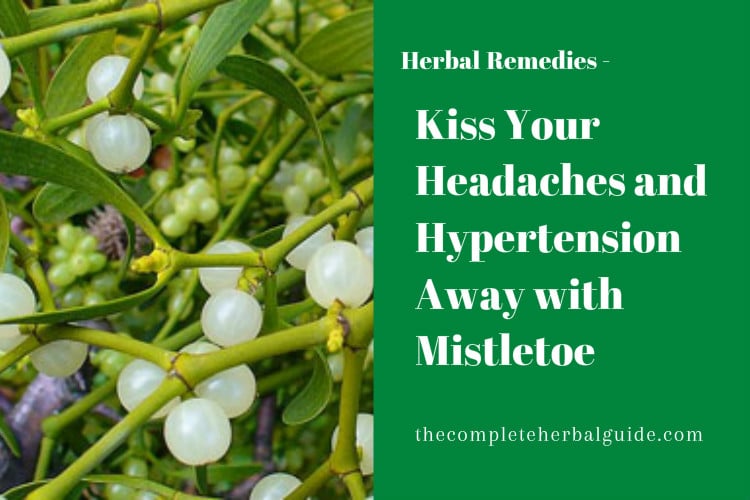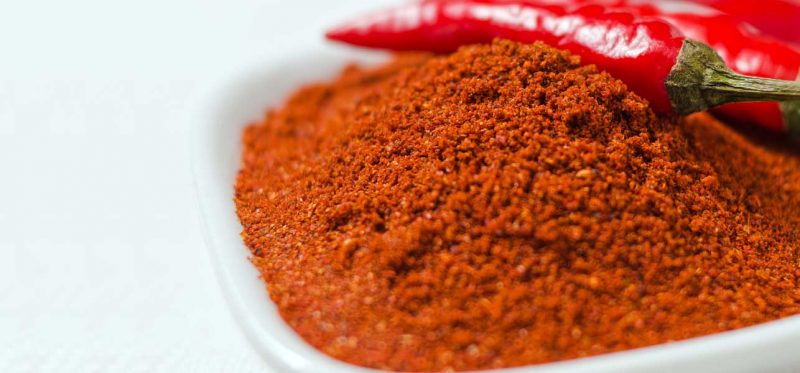
5 Strange Reasons You Have a Headache
By Amy Kraft
Table of Contents
Below is a list of some of the weirder headache triggers.

Smoked Meats
Cured, smoked, pickled, or canned foods such as pastrami, deli meats, and beef jerky contain synthetic food preservatives called nitrates and nitrites. The additives may dilate blood vessels, triggering headaches. Barry Jordan, MD, assistant medical director and attending neurologist at Burke Rehabilitation Hospital, says that food does not trigger headaches in everyone.
“Patients that get migraines are sensitive to these things and more susceptible to headaches triggered by food,” he says. If you suspect that certain foods are causing your headaches, Dr. Jordan recommends maintaining a food journal to help discover patterns and triggers for your head pain.
Red Wine and Cheese
Red wine and aged cheeses such as Brie, Cheddar, blue cheeses, and Swiss, contain tyramine, a substance that forms from the breakdown of proteins as food ages. Tyramine causes headaches by constricting and dilating blood vessels.
Mia Minen, MD, neurologist, and director of headache services at NYU Langone, says that another reason red wine causes headaches might be related to the presence of polyphenols, which are part of the breakdown of red wine metabolites. “They may interfere with serotonin metabolism in the brain,” she says.
If red wine and cheese give you headaches, The National Headache Foundation recommends eating only American, farmer or low-fat processed cheeses, and limiting alcohol intake to one beverage.
Dehydration
According to the Mayo Clinic, dehydration is what is known as a secondary headache: “a symptom of a disease that can activate the pain-sensitive nerves of the head.” Dehydration headaches occur when you lose a substantial part of the water and electrolytes that your body needs to perform normal functions. Some experts believe that a dehydration headache occurs as a result of narrowing blood vessels as the body tries to maintain enough fluid.
To avoid dehydration, it is recommended that you consume moderate amounts of water during and after exercise. The Mayo Clinic recommends that men drink about 13 cups of total beverages a day and women drink 9 cups.
Brain Freeze
Brain freeze, also known as ice cream headache, occurs mere seconds after the ingestion of cold food. The pain can be felt on the sides of the head and generally lasts for less than a minute. Researchers don’t know what causes the pain, but according to the John Hopkins Headache Center, it is thought to be “a combination of direct stimulation of temperature-sensitive nerves plus the cold’s effects on blood vessels running along the roof of the mouth.”
To reduce your risk of brain freeze, doctors advise to slowly ingest cold food or beverages.
Caffeine Withdrawal
Anyone who’s ever stopped drinking coffee or switched to decaf knows of the dreaded caffeine withdrawal headaches. “Caffeine can have physiological effects on the vascular system and can constrict vessels or relax them at different times,” says Dr. Minen. She also believes that the dependence created by caffeine can cause a physiological reaction that triggers headaches.
The National Headache Foundation reports that caffeine withdrawal will occur “after consuming more than 200 mg of caffeine per day for at least 2 weeks.”
But there’s no substitute in place of caffeine to ease withdrawal symptoms. “I recommend a slow withdrawal,” says Jordan. “Steadily decrease your caffeine ingestion on a daily basis.”
When to Seek Medical Help
“By the time a patient gets to a headache specialist, they have already tried Tylenol,” says Minen. A headache specialist can perform a physical exam and headache evaluation to make a proper diagnosis and establish a treatment program.
Minen says that although some doctors prescribe medication to treat headaches, there may be other problems that are causing headaches, including poor sleep hygiene or anxiety and depression. “Sometimes we use cognitive behavioral therapy to focus on treating the underlying issues,” she says.






